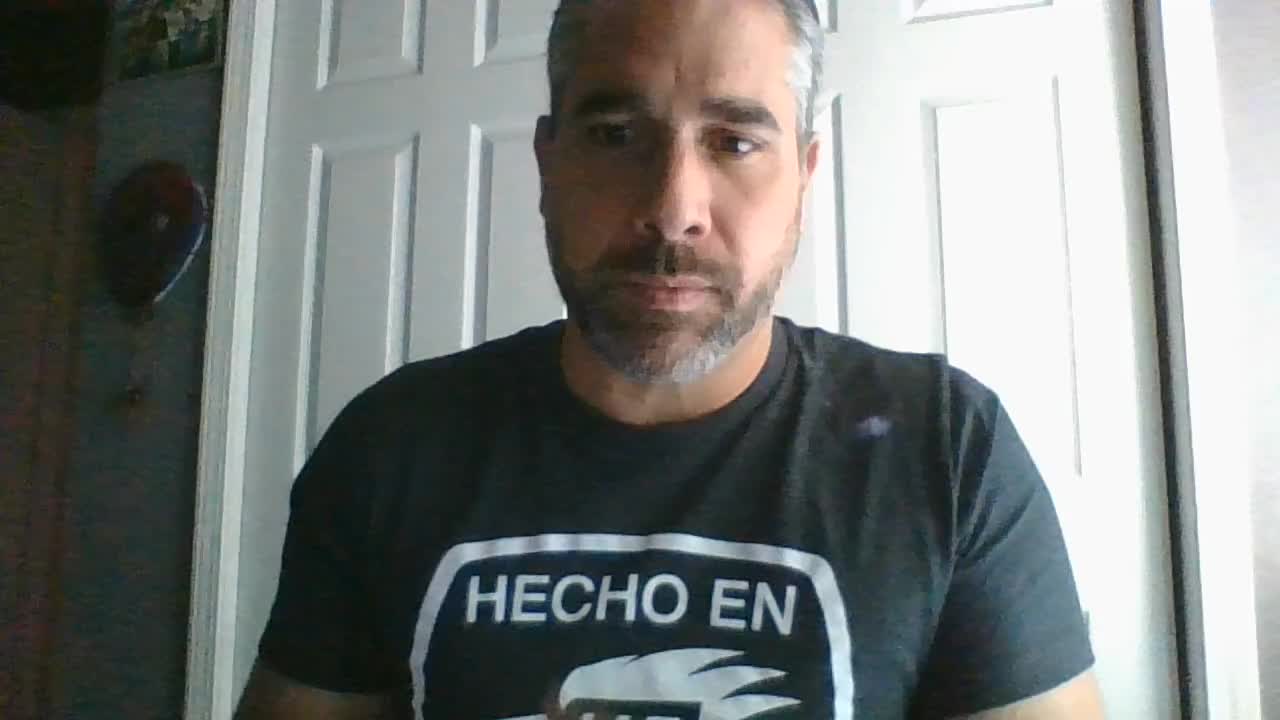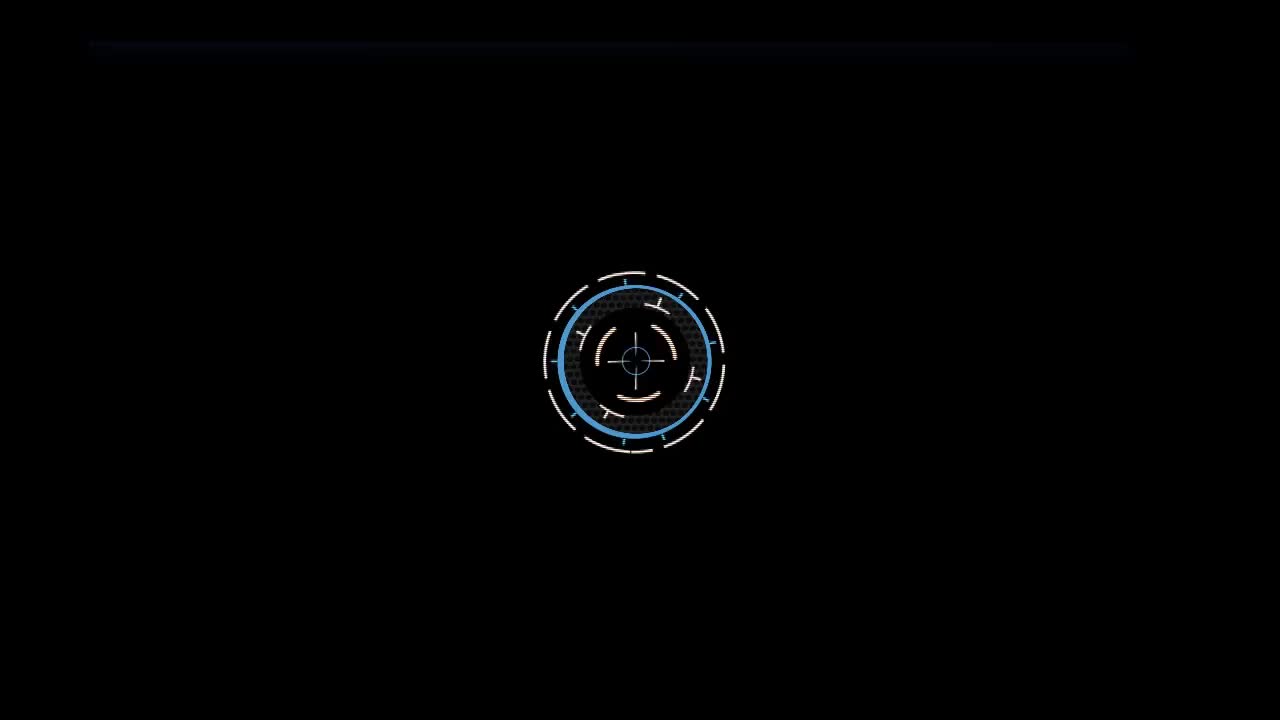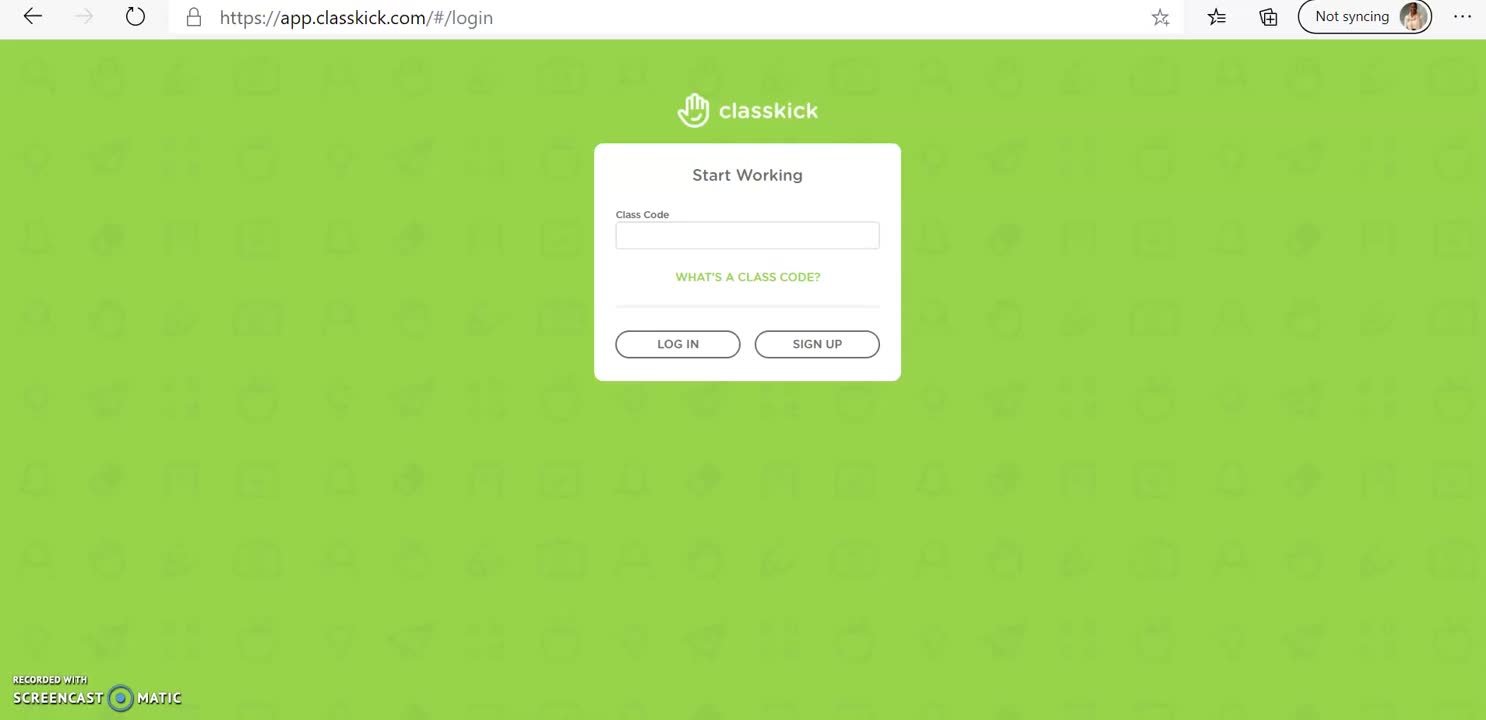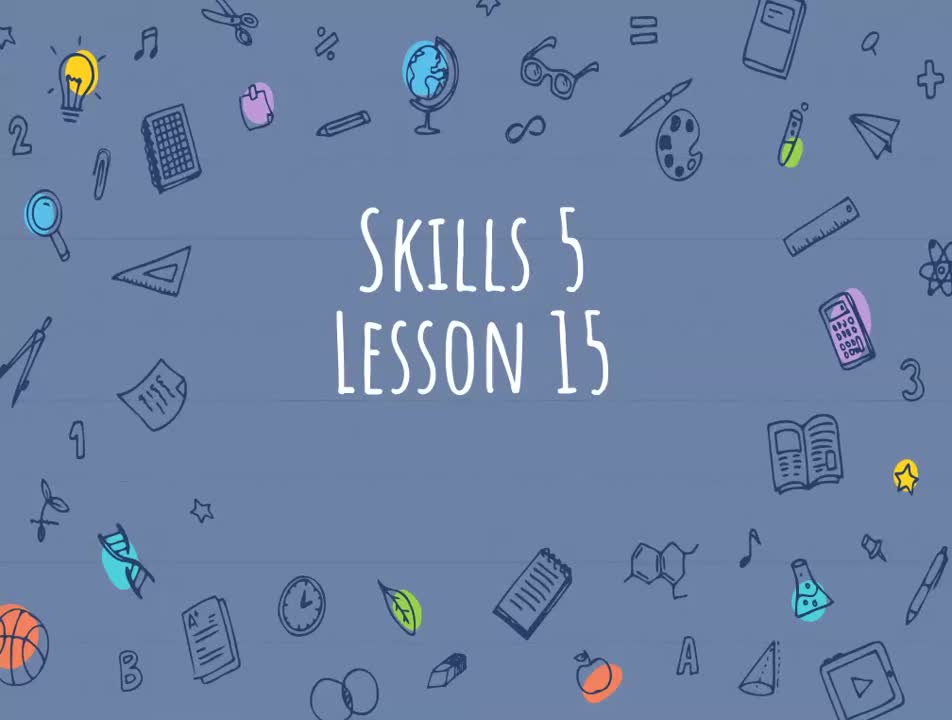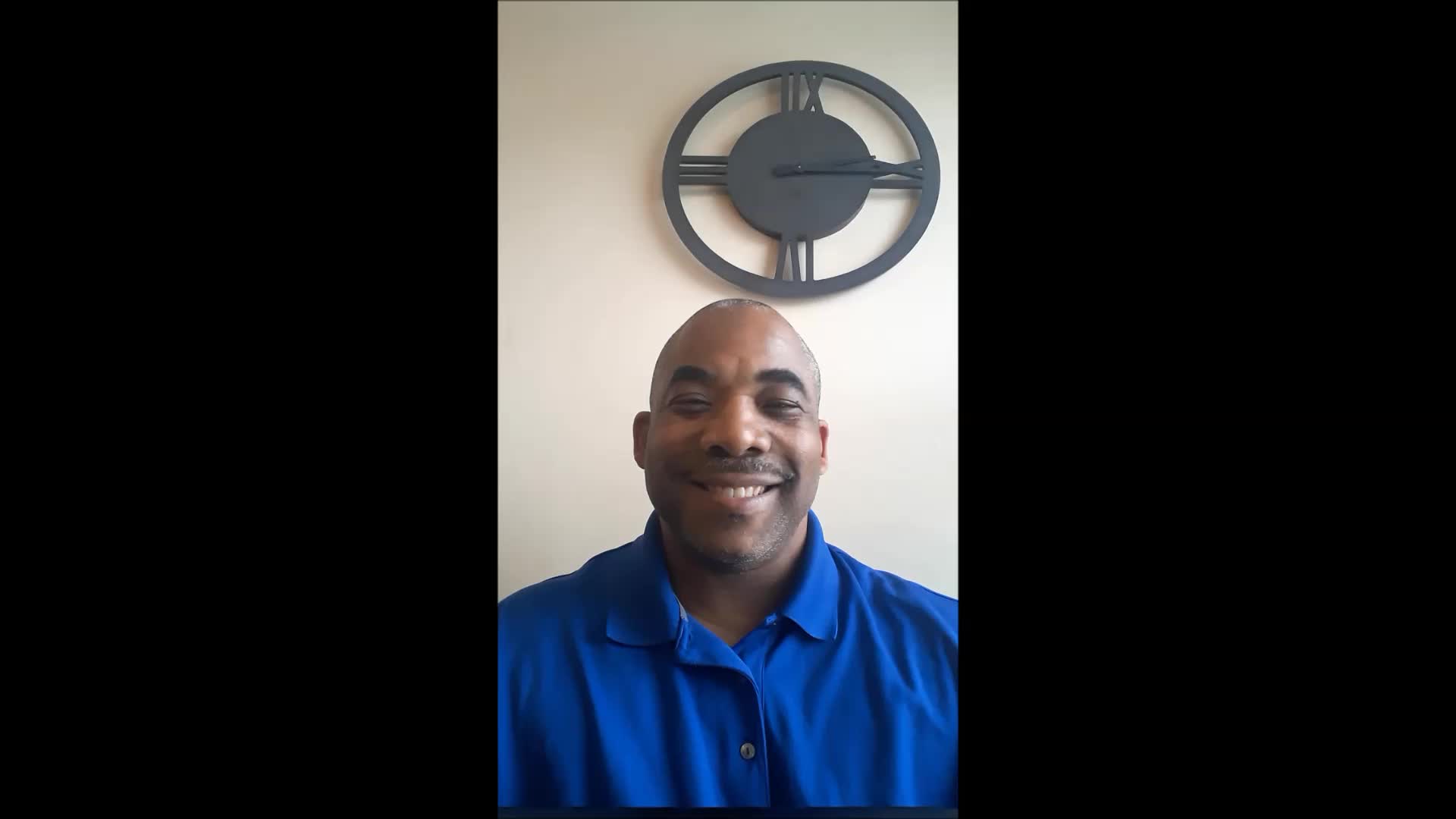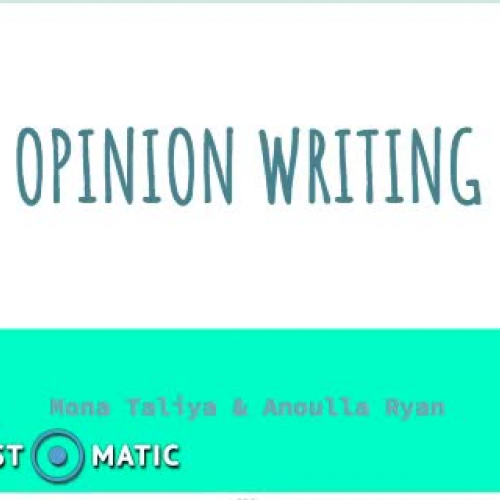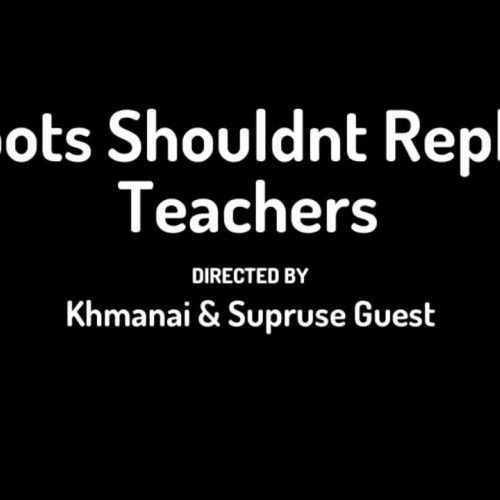College and University > Ethics > Opinion Videos
Social media has changed the way we communicate and acquire information. People of all ages around the world spend an increasing amount of time engaging and consuming content online. Over the years, social media has also become a platform where people air their opinions—mostly unsolicited—about several issues.
People in the academe and government institutions are no longer strangers to healthy discourse. Lawmakers engage in floor debates before passing proposed bills. College theses undergo critical reviews from professors so that students can develop their research further.
In the social media age, people online want information delivered to them immediately. We conclude about a certain topic by simply reading the headlines without fact-checking and cross-analyzing. This lazy attitude towards information gathering has been crucial to the rise of fake news online.
This also affected people’s attitudes toward dissenting opinions. Despite the lack of factual evidence, differences in opinion online can fuel outrage especially when a popular personality is involved.
The line between fact and opinion is blurred.
Some people tend to equate truth by how large the clout is online. The more “likes” or views, the more opinion is validated.
Our opinions are formed by the information we consume from the people we believe knows the truth. We also tend to believe things that are more relatable to our own experience. A 20-something woman who’s juggling two jobs in Southeast Asia might have a different opinion about success and affluence compared to a digital nomad from Europe.
YOUR opinion defines YOUR truth, but it doesn’t make it factual.
